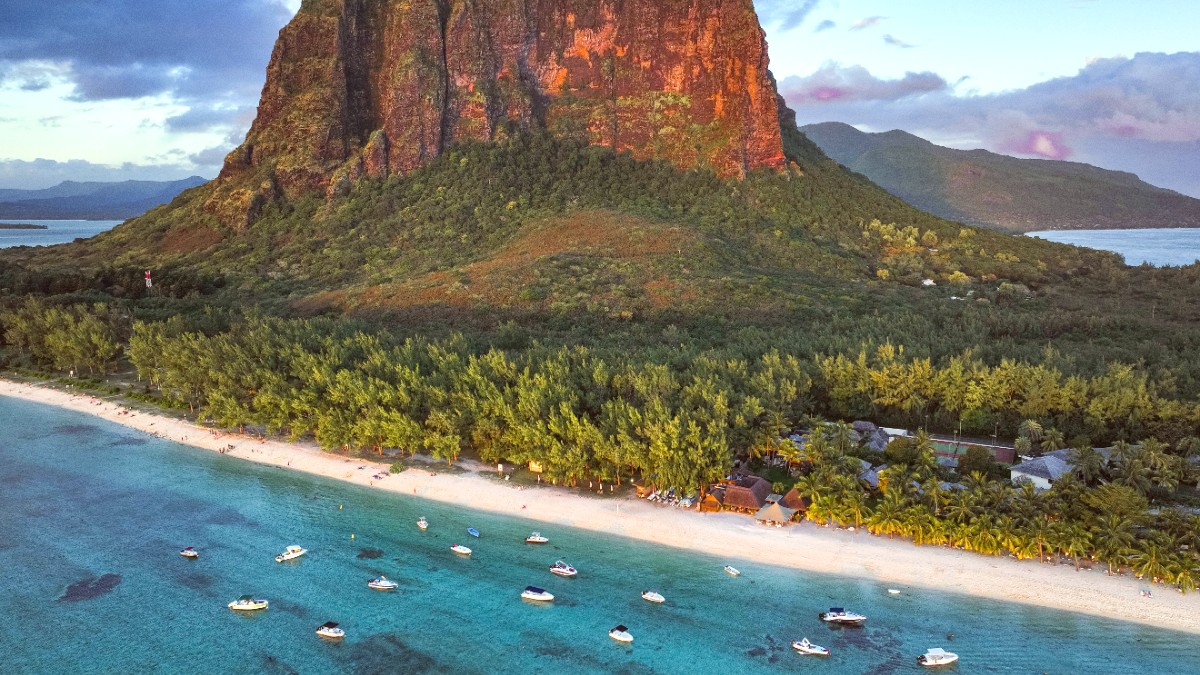
Mauritius
Île aux Cocos and Île aux Sables are strict nature reserves, important for seabird colonies. Visitors stick to marked paths and are accompanied by approved guides to minimize disturbance. This protection supports the survival of important bird species.
The François Leguat Giant Tortoise and Cave Reserve symbolizes conservation. It focuses on restoring endemic flora and fauna. This includes a massive replanting program for native trees and reintroduction of thousands of Aldabra giant tortoises, which roam freely, assisting ecosystem balance.
The vast lagoon surrounding Rodrigues mostly holds protected marine area status. Strict rules apply to fishing and marine activities to preserve healthy coral reefs and diverse marine life. This protection sustains the pristine condition of the lagoon.
Mindful interactions deepen your experience and respect local heritage.
The promotion and use of Rodriguan Creole language are cultural preservation efforts.
Be polite and respectful in all your interactions. A smile and a "Bonzour" (Hello) make for positive connections.
Always ask for permission before photographing people, especially children. Respect their privacy if they prefer not to be photographed.
When visiting churches or other religious sites, dress modestly, ensuring your shoulders and knees are covered.
Engage with local guides or older Rodriguans who share stories and insights into the island's unique history and autonomy.
Explore ethical toursSeek out opportunities to experience traditional Sega Tambour music and dance, which are actively preserved and promoted.
Shop for conservationAlways ask permission before photographing locals. Dress modestly in villages and religious sites.
Your travel choices create a direct and positive economic impact on the local communities of Rodrigues.
Guesthouses, often family-owned and operated, mean your tourism dollars stay within the community.
Purchase handicrafts and fresh produce directly from artisans and farmers at the Port Mathurin market.
Your choice to buy local contributes directly to the island's economy.
Dine at local eateries, street food stalls ("roulottes"), and family-run restaurants. This maintains small businesses and presents an authentic culinary experience.
Ride local taxis and the public bus system. This sustains local transport providers and offers insight into daily life.
Buy products from small, independent shops rather than larger chain stores (though major chains are few on Rodrigues).
Support local businesses by staying in guesthouses and eating at local eateries. Purchase handicrafts directly from artisans.
Responsible travel minimizes negative impacts and maximizes positive contributions.
Avoid activities that exploit animals or human dignity.
If you feel inclined to make a charitable contribution, do so through established local charities, schools, or community organizations.
Choose guesthouses and tour operators that show a genuine commitment to sustainability.
Ask about their practices regarding energy use (e.g., solar power), waste management (e.g., composting, recycling), and water conservation.
Inquire how they support local conservation projects and community initiatives. Properties like Bakwa Lodge exemplify eco-conscious operations.
Consider offsetting your flight emissions through reputable carbon offset programs like Terrapass or support sustainable brands like Patagonia. Also, check Package Free Shop.
Do not engage in begging or give money directly to children on the street. This might perpetuate a cycle of begging and discourage school attendance. Instead, if you wish to help, support established local schools, charities, or community projects.
Support local businesses by staying in guesthouses and eating at local eateries. Purchase handicrafts directly from artisans.